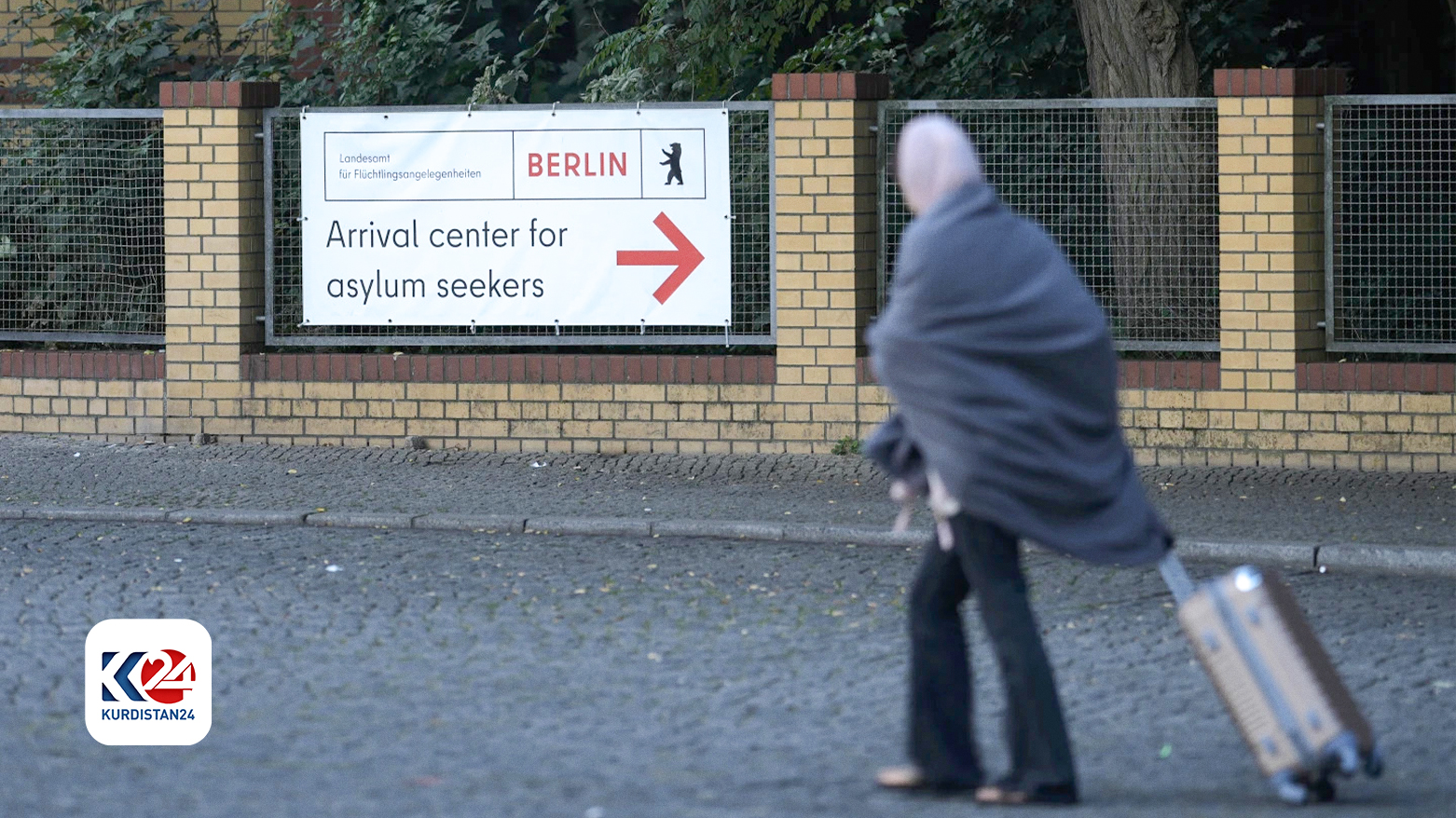Germany deports 36 Kurdish asylum seekers to Baghdad International Airport
In a press conference, the Association’s President Bakir Ali criticized the deportations, describing them as "forced returns that violate human rights principles."

ERBIL (Kurdistan24) - The second group of 36 Kurdish asylum seekers, including both individuals and families, was deported from Germany to Baghdad International Airport on Oct. 22, 2024, according to the Association of Returned Migrants from Europe to KRG.
In a press conference, the Association’s President Bakir Ali criticized the deportations, describing them as "forced returns that violate human rights principles."
The deportees included residents from Duhok, Erbil, and Sulaimani provinces.
"This is the second group of Kurdistan Region residents deported through Baghdad International Airport," Ali stated.
He revealed that Association of Returned Migrants from Europe to KRG had previously petitioned Iraq's Federal Court to reject forced deportations, citing social circumstances affecting many returnees.
Ali called on the Iraqi government to follow the example of Turkey and Egypt in opposing forced return agreements. He also highlighted concerning developments in European migration policies, including:
- A March 2024 agreement between Italy and Albania allowing Italy to detain asylum seekers in Albanian camps while processing their cases.
- Germany's reported plans to implement similar third-country processing arrangements.
- Recent developments in UK migration policy, where the Labour Party, after replacing the Conservative government, plans to grant asylum to 62,800 of the originally targeted 118,882 asylum seekers previously slated for deportation to Rwanda.
The Association of Returned Migrants from Europe to KRG is working to provide detailed information about German and British asylum laws to Kurdish families with members abroad or those planning to leave the region.
This initiative aims to help potential migrants understand their rights and the evolving legal landscape of European immigration policies.